Written by Lorrie Reynolds
Categories
I usually don’t mind my corporate job. I don’t love it, but it’s ok, and it definitely pays well enough that my dogs “live in the manner they’ve become accustomed to.” (Looking at you and the yak chews, Xephyr!).
Recently though, there have been a lot of high-priority projects. My last three timesheets have shown 66 hours, 76 hours, and 70 hours. I’m on track for 70+ again this week, and boy am I tired.
What does this have to do with dog training?!?!?!?
Did you know that dogs can suffer from burnout too? Even with an activity they enjoy, if they are being “overworked”, you can end up with a dog that doesn’t want to play.
We’ve all probably done it. We get involved with a new activity (for me it was agility), and it’s so much fun that we want to practice every day, maybe multiple times per day. We read books, watch videos, take classes, and then we go try out all of our new knowledge on our dog.
As we get better, we start getting a little bit competitive, and want to be the best team we can possibly be. That’s not a bad thing, but all things in moderation.
Even if your dog loves to “work” with you, enjoys spending time with you, and is getting great rewards, we have to be careful not to turn playtime into overtime.
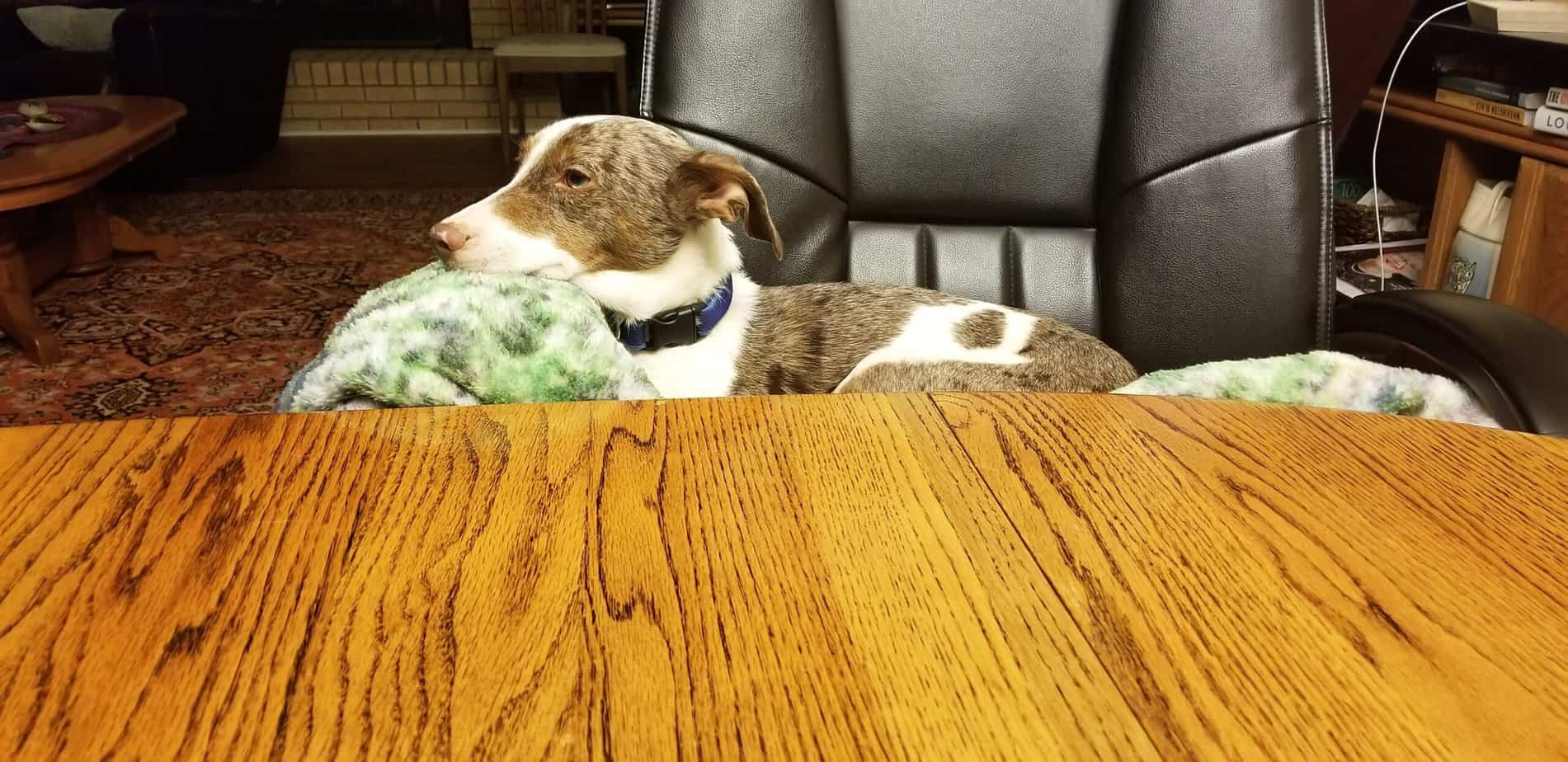
Signs of Burnout in Dog Sports
Here are some things to watch for so that “playtime” doesn’t become “overtime” for your dog.
Your Dog Starts Performing With Less Energy and Joy
If your dog’s attitude toward something they previously enjoyed becomes a bit lackluster, the first thing to check is their health. You want to make sure they don’t have an underlying injury or illness.
If the checkup is clean, assess your training time. Are you training every day? Multiple times per day? Long periods in each session? Dogs, like human athletes, need at least one “down day” every week. It gives them a chance to mentally and physically recover from the stresses of training.
During the less busy agility season, it’s not a bad idea to give your dog two or three weeks off. That doesn’t mean you don’t train at all those weeks, just that you don’t train your primary sport. If you’re an agility competitor, try tricks or nose work. If you primarily teach complex tricks, try playing frisbee or do some canine conditioning.
Your Dog “Forgets” How to Perform a Known Behavior
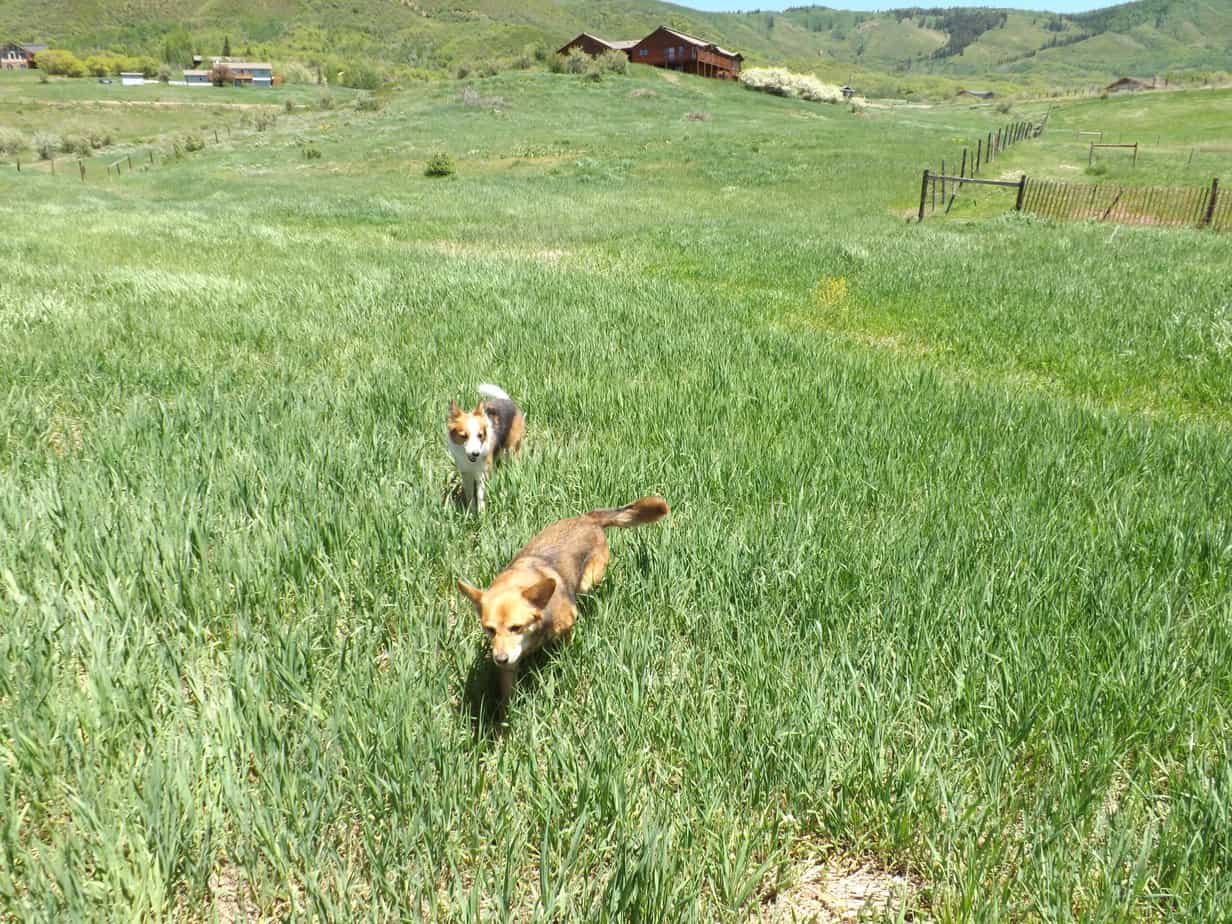
If your previously perfect retrieve turns into a “trot back and drop it” exercise, again, first check your dog out for physical issues. Then check out your training schedule. Have you been drilling that behavior to get ready for competition? Has the reward frequency gotten a little low? It might be time to set that behavior on a shelf for a week or two and come back to it after the dog has had a break.
In the meantime, spend some time just letting your dog be a dog. Take some sniffing walks. Jog around the park. Play hide and seek. Get out of your routine for a bit and then come back to the heavy-duty training (which should always feel like play).
Your Dog Is Less Enthusiastic About Your Training Area
When you start your ritual that says “we’re going out to train”, does your dog seem less than excited? Is he avoiding the room you normally train in, or reluctantly coming with you when you grab your treats and clicker?
If your dog is normal in every other location, but shows less enthusiasm for the training area, he might be trying to tell you something. Time to switch things up and just have a play session in that locale, giving your dog a break for a bit.
Today’s Tip
The bottom line is that dogs can suffer from overwork or burnout just like people can. Today’s Tip is to watch their behavior and adjust your schedule and activities accordingly, and you’ll always have an enthusiastic partner who is up for whatever you want to do.
1 Comment
Submit a Comment
You Might Also Like…
Five Ways to Crush It at Your Next Dog Agility Seminar
Going to a dog agility training seminar? Check out these five tips to maximize your return on investment!
Read This Before Deciding on Your Agility Dog’s Contact Performance
Which contact performance, running or stopped, is right for your team? The answer might surprise you.
Is Your Agility Dog a Pinto or a Ferrari?
If you’ve moved up from a slow or moderately-fast agility dog to a speed racer, here’s some advice to make your life easier.
Get tips, stories, discounts, and early notification of events and new courses delivered straight to your inbox! Join the community!

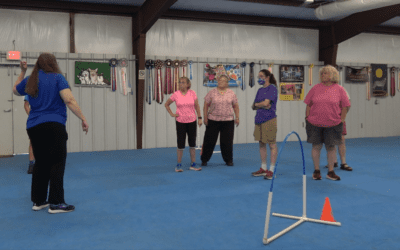
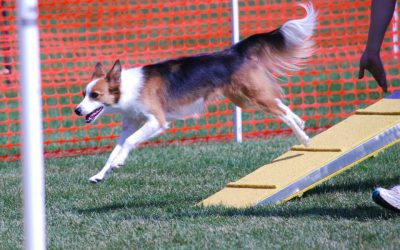
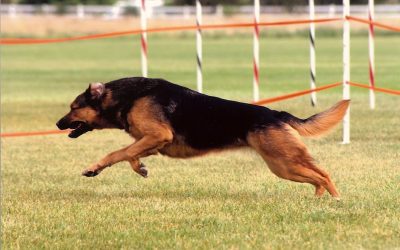
Great article-thank you for writing it!